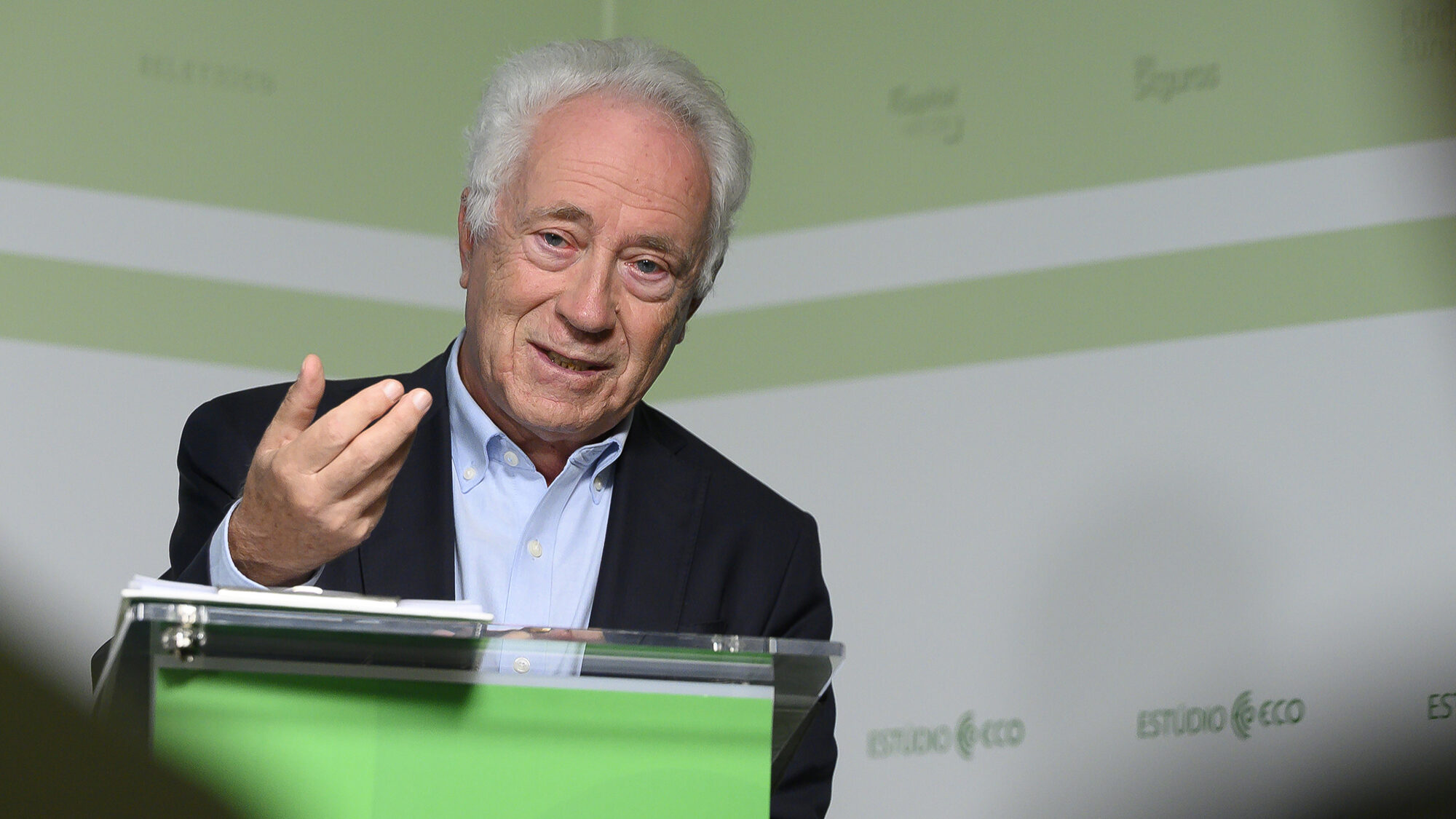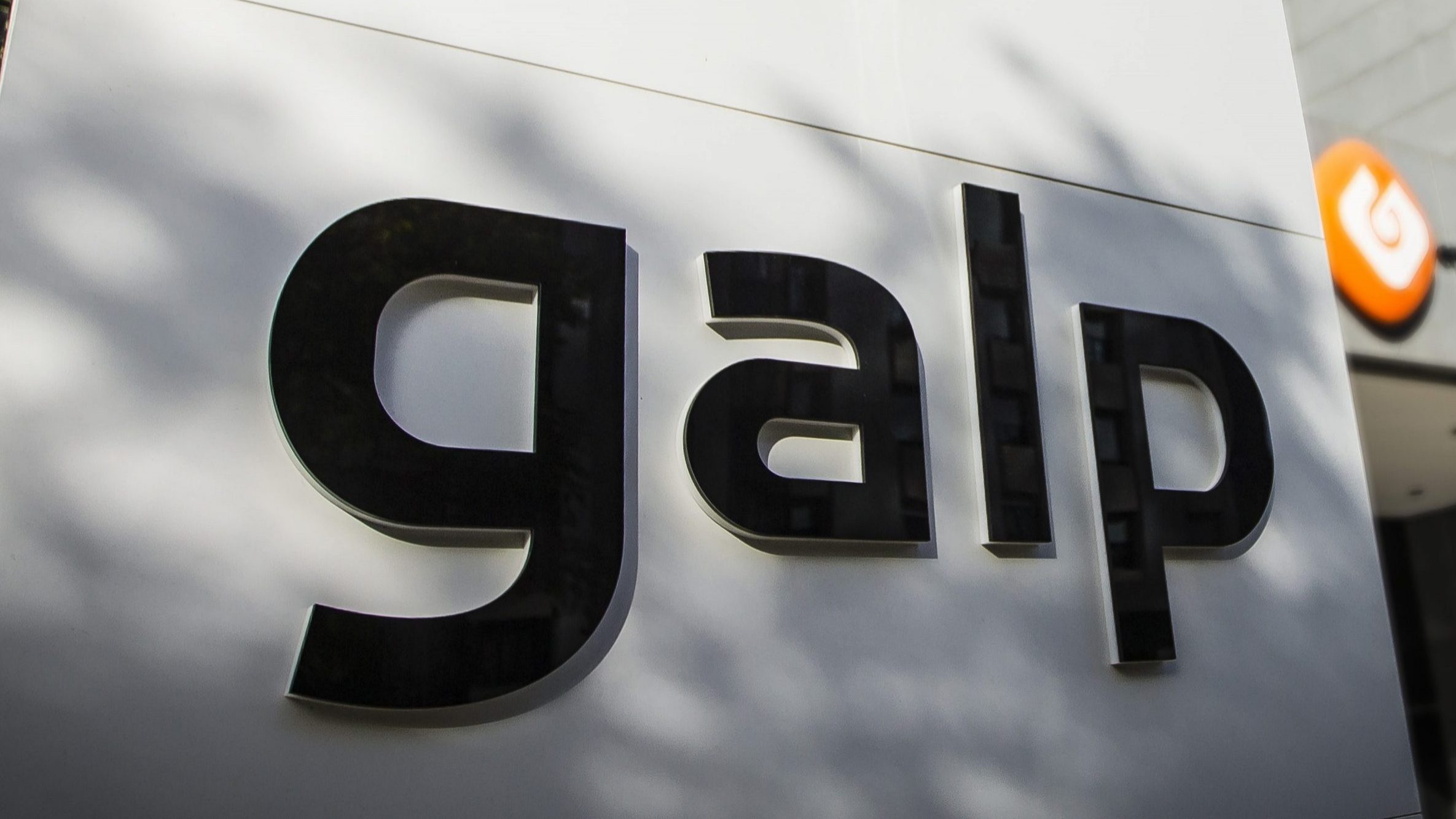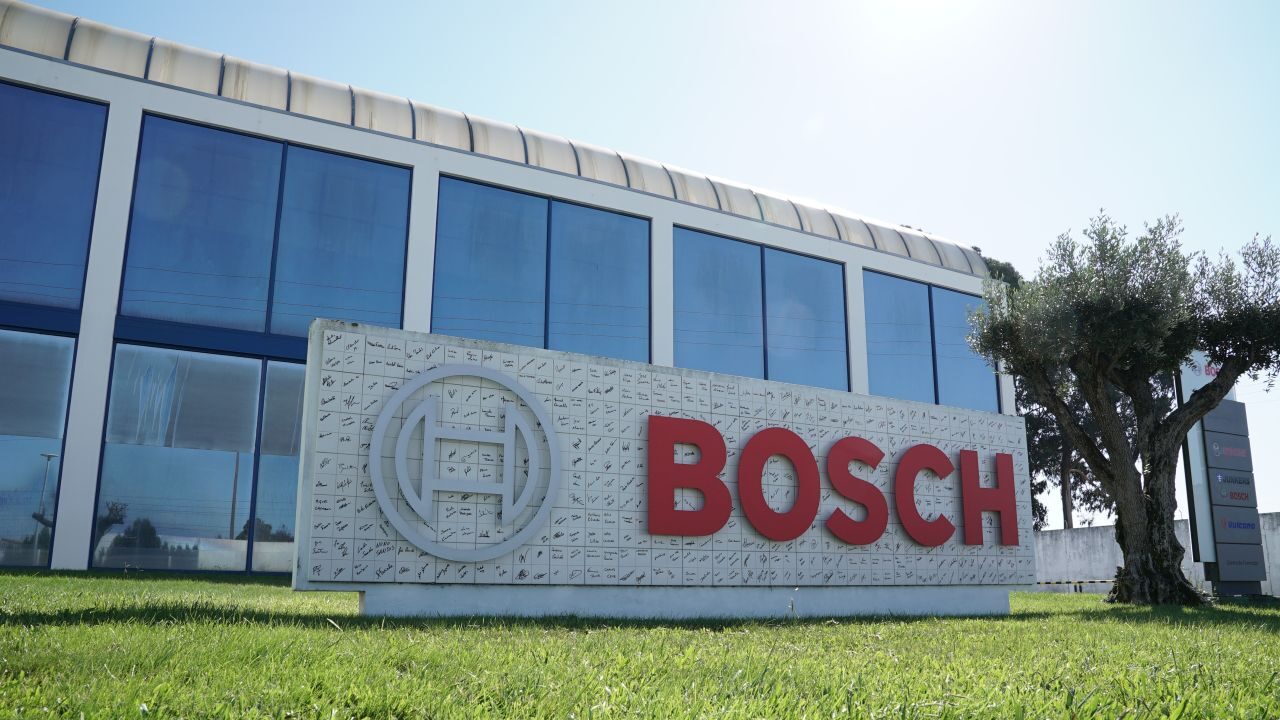Portugal is a “paradise” for cheap cars, and China is grateful
The popularity of Chinese brands in the domestic market shows that the Portuguese are buying with their wallets and no longer with the logos of European brands, according to a study by Simon-Kucher.
Portugal is the market where price weighs most heavily in the decision to buy a car, according to a study by the consulting firm Simon-Kucher. This conclusion is no mere coincidence. It is confirmed by the choices of Portuguese consumers, who are increasingly turning to Chinese brands such as BYD and MG, whose rise in Portugal has been meteoric.
A global study on the automotive sector by the consulting firm Simon-Kucher, conducted in the second quarter of 2025 with more than 6,700 responses in 20 markets (210 responses in Portugal), reveals that “price and value are decisive factors in Portuguese purchases” and that the national market leads in price sensitivity among all the countries analysed, ahead of countries such as Italy, France, Spain, Brazil and even China.
Proof of this reality is also provided by the preference for the cars purchased, with the Portuguese predominantly choosing cars in the low and medium-low segments: 49% of sales in Portugal are concentrated in these two segments, compared to 38% in the European Union. At the opposite end of the spectrum, the medium-high and premium segments account for only 29% of national sales, compared to 40% in Europe, according to Simon-Kucher.
And when looking at the fastest-growing brands, the trend is clear: China’s BYD more than doubled its market share between 2024 and 2025 in the period from January to September, rising from 0.97% to 2.17%, with sales soaring 124% in the first nine months of this year compared to the same period last year. In the same period, the sector expanded by only 8.75%, according to data from the Portuguese Automobile Association (ACAP).
“Portugal leads this year’s study as the most price-sensitive market”, highlights the report, which calculated the importance of price-related criteria among all purchasing factors. On a scale where price and value together account for almost half of the purchase decision — 50.2% for price and 49.8% for value — the Portuguese prioritise aspects such as vehicle price, fuel or energy consumption, maintenance and repair costs, and resale value.
This obsession with price opens doors for Chinese brands, which are entering the domestic market with competitive, well-equipped products at prices that traditional European and American brands cannot match. “Price and value are decisive factors in Portuguese purchases, with discounts on the value of the equipment being used as a measure of evaluation”, the document reads.
Chinese brands well received in Portugal
Globally, the average consideration rate for Chinese brands is 43%, but Portugal has a rate above 50%, ranking above markets such as Spain, Italy, Germany, France and Denmark.
The Portuguese see Chinese brands, above all, as offering a price advantage, according to the Simon-Kucher report. When asked about the main benefits associated with a Chinese-made car, 61% of Portuguese respondents pointed to ‘lower price’, followed by 41% who mentioned ‘advanced technology’ and 32% who highlighted ‘modern and innovative design’.
But the study also reveals areas where Chinese manufacturers need to improve in order to win over even more consumers. “Affordability is key for everyone, but Portuguese buyers are even more focused on price and demand greater brand confidence and better customer support”, the report concludes.
Among the aspects that Chinese brands need to improve, Portuguese consumers highlight: better safety standards (43%), better after-sales service and support (40%), greater brand recognition and reputation (37%), building quality and durability (35%) and even more competitive prices (33%). “Quality and safety are areas where Chinese brands lack a better reputation”, the study points out.
Reputation remains a significant barrier for Beijing brands, but it is being overcome by the price/value equation. The case of Tesla is paradigmatic: despite remaining a recognised brand, it is losing market share in Portugal. Between January and August 2024 and the same period in 2025, Tesla saw its share fall by 30% in Portugal and 43% in the European Union, while BYD more than doubled its presence in the Portuguese market and tripled it in the European Union, according to the consultancy’s report.
In a move contrary to the growing popularity of Chinese brands, the study points out that loyalty to established brands in the market is declining, with Portuguese consumers considering that many of these brands may even disappear in the near future due to growing competition from electric vehicle manufacturers and regulatory restrictions.
According to the survey, around 57% of Portuguese respondents agree that “established car brands will disappear due to competition”, a figure that is practically in line with the European average of 59%. “Established brands face increasing disruption as new electric vehicle manufacturers and regulatory restrictions redefine the competitive landscape”, the report points out.
The factors contributing to this perception are varied: 48% of Portuguese believe that “new electric vehicle brands offer better vehicles”, 39% consider that “there are already too many brands on the market”, 38% point out that “the ban on combustion engines threatens traditional brands” and 36% say that “cars are becoming less affordable”.
Portuguese people are not only buying cheaper cars, but rewriting the rules of the European automotive game with their wallets in hand. By leading price sensitivity among two dozen global markets and opening the doors to Chinese brands with consideration rates above 50%, national consumers have become the relentless judges who decide which manufacturers deserve to survive.




